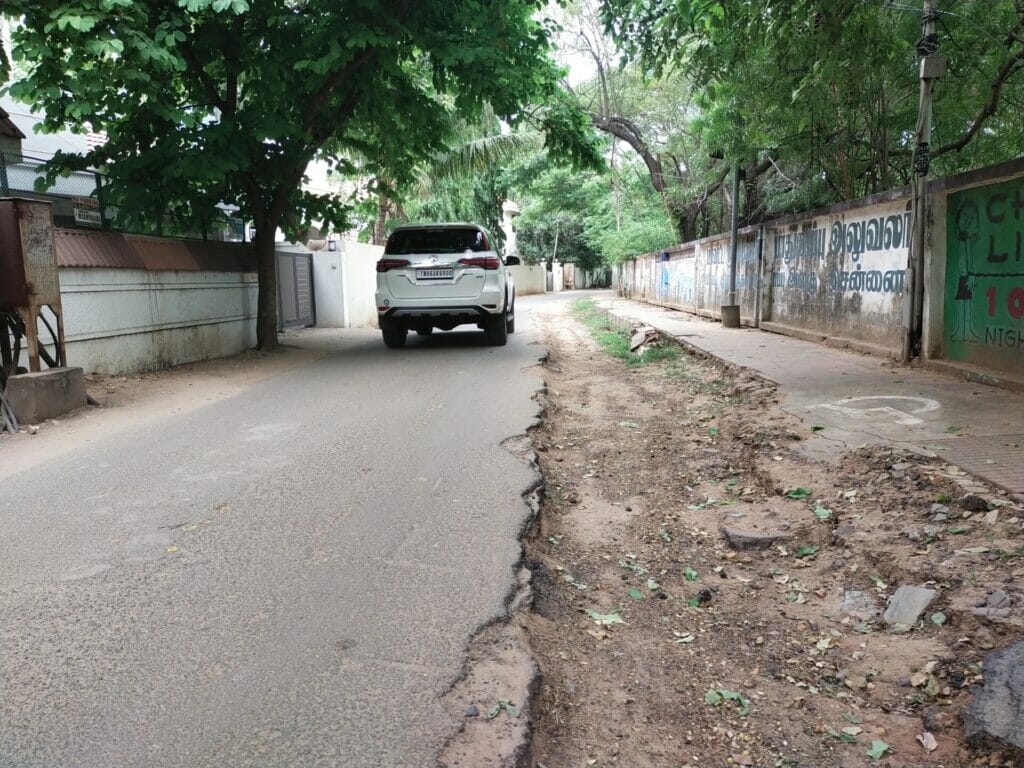Funding for second phase of Chennai City Partnership plan
The second phase of the Chennai City Partnership will receive funding of 350 million dollars from the World Bank. The second phase will reportedly focus on improving Digital Chennai for e-mobility and smart parking solutions and implementing projects to improve bus and suburban rail services. Further, parking, e-mobility and transport hubs will also be developed in various parts of the city under the Public Private Partnership (PPP) model.
In a recently held meeting, the officials also discussed the projects to create climate-resilient public infrastructure. Notably, as part of the first phase of the Chennai City Partnership, 110 km of arterial and sub-arterial roads were identified for phase one of the Chennai Mega Streets Programme.
Source: The Hindu
CMWSSB deploys robots to identify blocks and leaks
The Chennai Metropolitan Water Supply and Sewerage Board has deployed robots in core areas of the city to identify leaks and blockages in the pipelines. As part of the pilot project, the CMWSSB has tied up with Solinas Integrity Pvt. Ltd., an IIT-Madras incubated start-up, to use Endobot. This is an electronically powered robot that resembles a small tank with wheels to inspect the water lines.
The robots are now used in zones 11 and 14 to study the condition of the infrastructure and fast-track identifying problems with the pipelines. Endobots can identify problems by digging a small pit for line inspection within a few hours thereby saving on time and manpower.
Source: The Hindu
Read more: All in a day’s work: What the metro water manual workers in Chennai face
Single window permission for road cuts in Chennai
One of the major issues faced by the residents of Chennai is the poor condition of roads. No matter how often it is laid, the roads are frequently dug open for various civic works by different departments. As a result, the roads are in bad shape. However, the accountability for fixing the roads is not taken by the service department or the Greater Chennai Corporation (GCC).
In a bid to streamline the process, the GCC has come up with a plan. Accordingly, the service department that requires the road cut should obtain permission for road cuts for major works, especially in bus route roads and interior roads, through a single window online system with the GCC.
In case of minor issues, the officials concerned shall obtain permission from the respective zonal officers.
Source: DT Next
Chennai to get Rs 561 crore for flood risk management
The Disaster Management Division of the Union Ministry of Home Affairs will allocate a sum of Rs 561 crore for an integrated urban flood management project for Chennai. The project aims to re-establish surplus canals for erstwhile minor irrigation tanks in the city, restore eight waterbodies covering 484 acres and install software for the remote operation of surplus regulators during floods.
The carrying capacity of the Korattur surplus channel, Kathirvedu Thangal Lake, and Puthagaram Lake in the Ambattur zone will also be improved to reduce flood risk in Korattur. Similarly, surplus water from the Porur tank will be diverted through the Gerugambakkam channel in Kundrathur taluk of Kancheepuram district thereby reducing the flood risks in Manapakkam and Nandambakkam in the Adyar basin.
Further, new stormwater drains have also been proposed in flood hotspots based on the recommendation of the V Thiruppugazh Committee.
Source: The Hindu
Read more: Chennai needs an integrated water management system to prevent floods and drought: Dr S Janakarajan
GCC to increase stray cattle pounds in Chennai
In a recent incident that shocked the city, an 11-year-old schoolgirl walking on the streets of MMDA Colony was attacked by a stray cow. After the residents threw stones at the cattle to chase it away, the girl was rescued and sent to the hospital for further treatment.
The incident has laid bare the issues caused by stray cattle in the city. Residents have complained of an increase in stray cattle and free-grazing cattle on the streets of Chennai.
In a bid to address this, the Greater Chennai Corporation has decided to increase the number of stray cattle pounds in Chennai. The GCC has 15 vehicles capable of catching 60 cows a day and two pounds – one at Pudupet and another at Perambur. The civic body is now planning to intensify these raids and also increase the number of pounds to at least five.
Source: The Times of India | The Hindu
[Compiled by Shobana Radhakrishnan]
